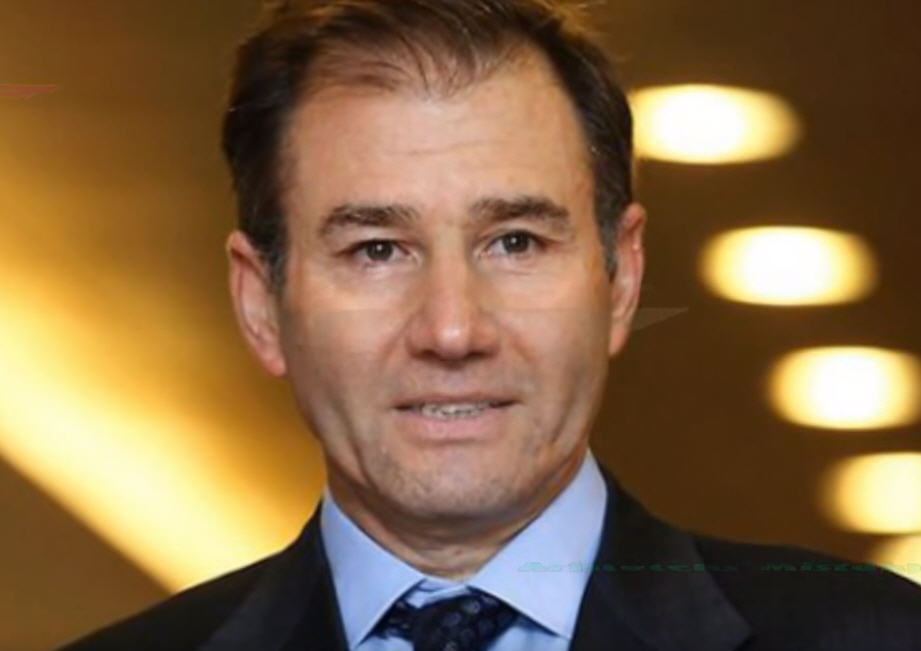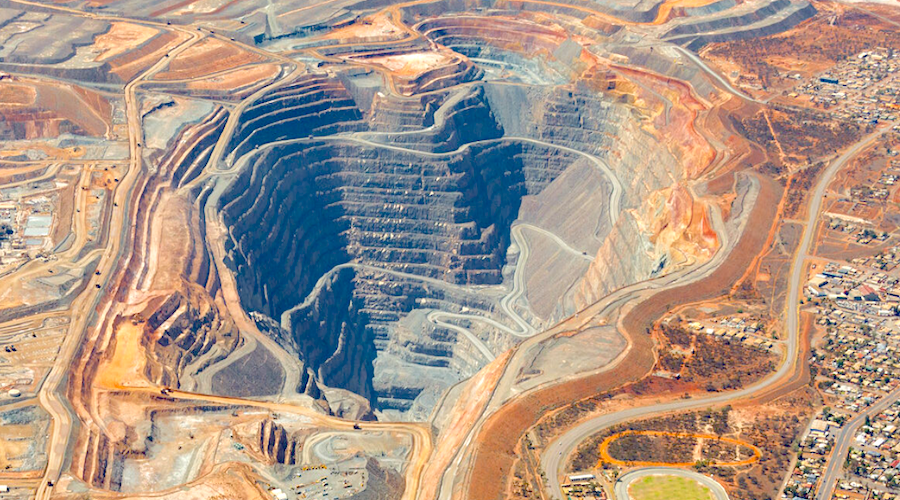Glencore’s great game is avoiding US sanctions: Chris Bryant

When the U.S. imposes sanctions on an individual, western multinationals are quick to fall into line. So if a London-listed company decides that – on reflection – they’ll circumvent the ban by paying the person using a different currency, you can bet there’s something interesting going on behind the scenes.
The question is: What?
Glencore Plc’s announcement on Friday that its Democratic Republic of the Congo mining subsidiaries will restart royalty payments to Israeli billionaire Dan Gertler is eyebrow-raising to say the least. The U.S. imposed blocking sanctions on Gertler in December, following allegations of corruption related to the sale of DRC mining assets. He has denied any wrongdoing.
Glencore worked with Gertler for years to tap into Congo’s vast mining resources, but has since cut ties. In the wake of the sanctions designation, it decided it couldn’t honor its remaining contractual obligations to make payments to Gertler-affiliated entities.
Now, Glencore says its subsidiaries will pay Gertler what he’s owed, only the funds will be transferred in euros and U.S. citizens won’t be involved. Analysts at Goldman Sachs Group Inc. estimate that the payments are worth about $130 million annually (when translated back into dollars, of course.)
The commodities giant can afford decent legal advice. Still, it must have received some pretty copper-bottomed assurances from the U.S. that it won’t be punished for dealing with Gertler – as far as it’s possible to get such a guarantee these days. Glencore acknowledges consulting the U.S., but is tight-lipped about what was said.
So why would the U.S. give the company the green light? My guess is that there’s something akin to the Great Game going on here, with the West and China jockeying for influence over mineral resources that will define the 21st century economy. And Glencore has found itself somewhere in the middle of it all.
Congo is home to about half the world’s cobalt reserves as well as plenty of copper, and both are key ingredients of electric car batteries. In the age of Tesla, it just might be the new Saudi Arabia, analysts say
Glencore, which is less squeamish about frontier markets than some of its rivals, has two big copper and cobalt resources in DRC. They are potentially very lucrative but they’ve been the source of quite a few complications lately. If it had persisted in not paying Gertler what he’s owed, there was a chance that a court would try to enforce the claim, raising the risk of asset seizures.
China has been busily gobbling up Congolese mining assets and one can imagine why the U.S. might prefer to cut Glencore some slack rather than let Beijing end up with a stranglehold on electric cars. The company recently agreed to sell about one-third of its forecast cobalt output to China’s GEM Co.
When you’re playing a high-stakes commodities game, I guess it helps to have friends on both sides.
{{ commodity.name }}
{{ post.title }}
{{ post.date }}




Comments